Encouraging Social Engagement
Many learning platforms offer social features to enhance the learning experience for their users. These may range from a simple “like'' button to more complex features such as discussion forums. Each type of social feature has its positives and negatives and can have a major impact on a learner’s experience.
On the one hand, social features can foster a sense of community and collaboration among learners, enhancing their motivation, engagement, and learning outcomes. For instance, social features, such as discussion threads and peer reviews, can provide learners with opportunities to share ideas, feedback, and resources with each other and receive support and recognition from their peers. All of these combined can create a more interactive and personalized learning experience that reflects the social nature of learning.
On the other hand, social features can also have negative effects if they are not designed or implemented carefully. One of the main risks is that social features can become a source of distraction or noise that interferes with learning. For instance, if discussion threads are not moderated effectively, or if social notifications are too frequent or irrelevant, learners may become overwhelmed or disengaged. This can lead to decreased learning outcomes and a waste of time and resources.
Another risk is that social features can create a competitive or hostile learning environment that undermines learners' motivation and self-esteem. For example, if peer reviews or group projects are not structured or evaluated fairly, learners may feel pressured, anxious, or demotivated, especially if they perceive that their peers are more skilled or knowledgeable than they are. This can lead to a decrease in participation and quality of work, as well as a negative impact on well-being and mental health. An organization must assess their stance on psychological safety and the ability of the organization to create a safe environment for its members to make their voices heard.
Again, social features can be a powerful tool for enhancing learners' engagement, motivation, and learning outcomes. However, it is crucial to design and implement social features that are relevant, meaningful, and appropriate to the learning experience, and that balance the benefits and risks of social interaction. This requires a carefully considered user-centered approach, as well as continuous monitoring and evaluation of the social features' impact on learning.
Are you considering adding social features to your learning ecosystem?
SparkLearn offers a number of ways for learners to interact with others and engage with the application along with moderation tools offered to the administrators on the backend. Contact us and get a demo focused on our social tools today.
